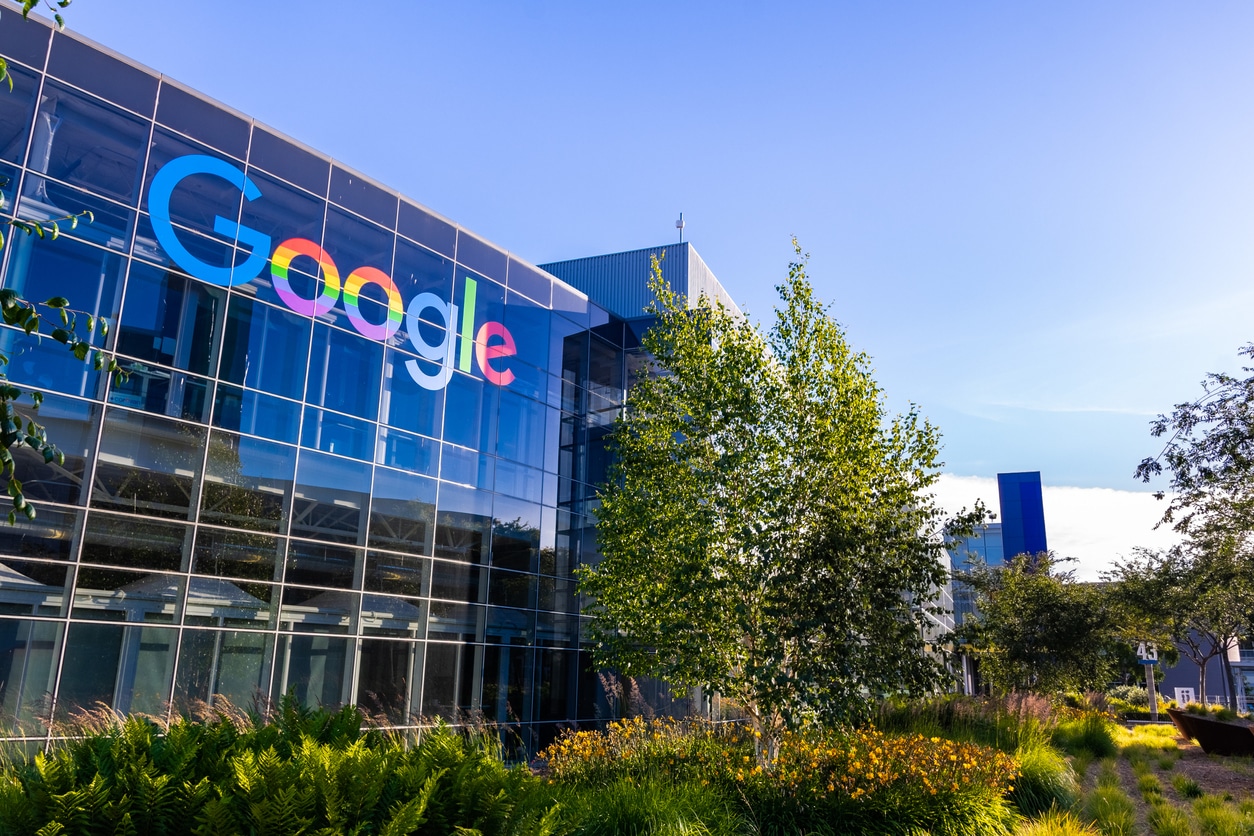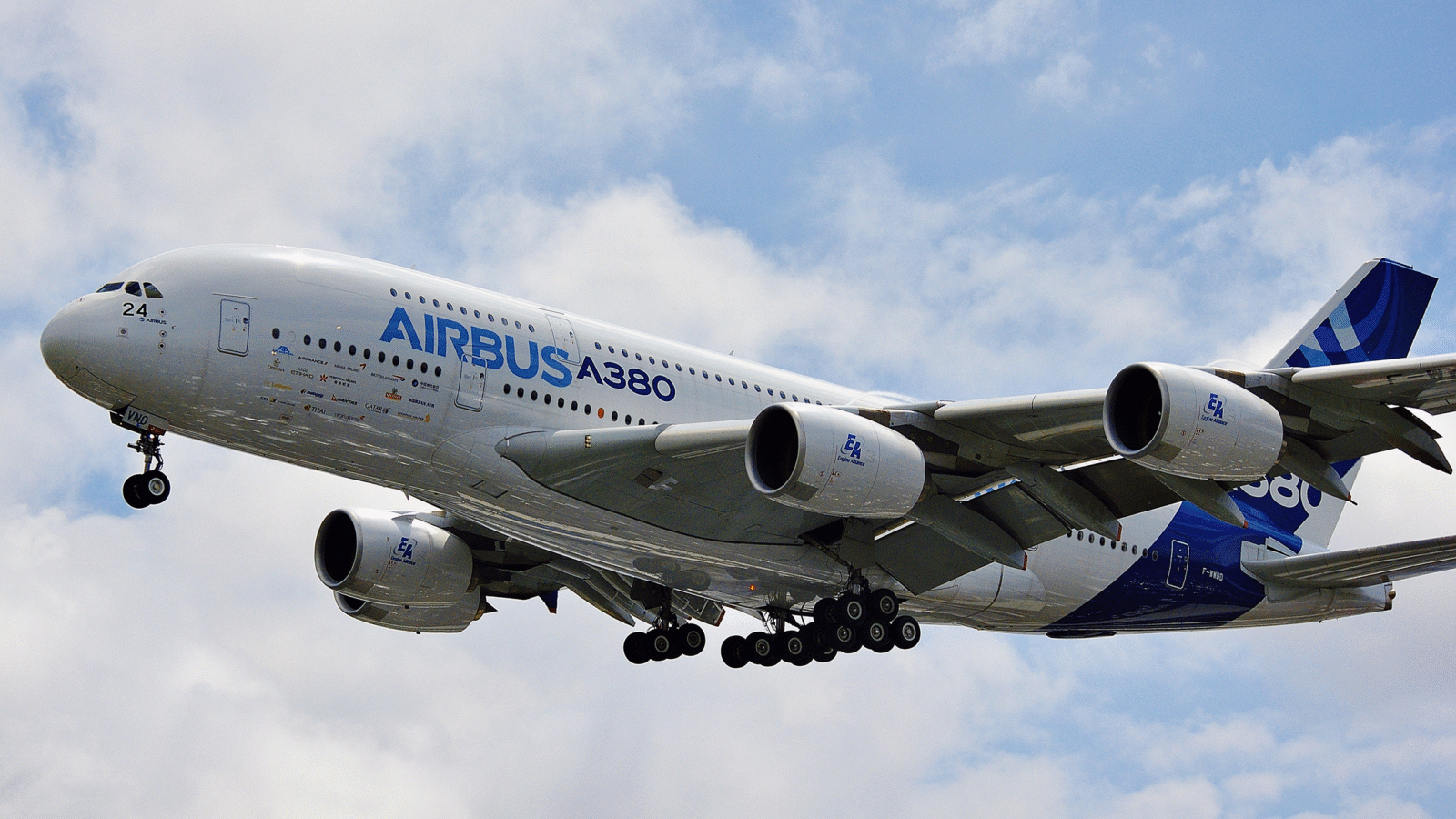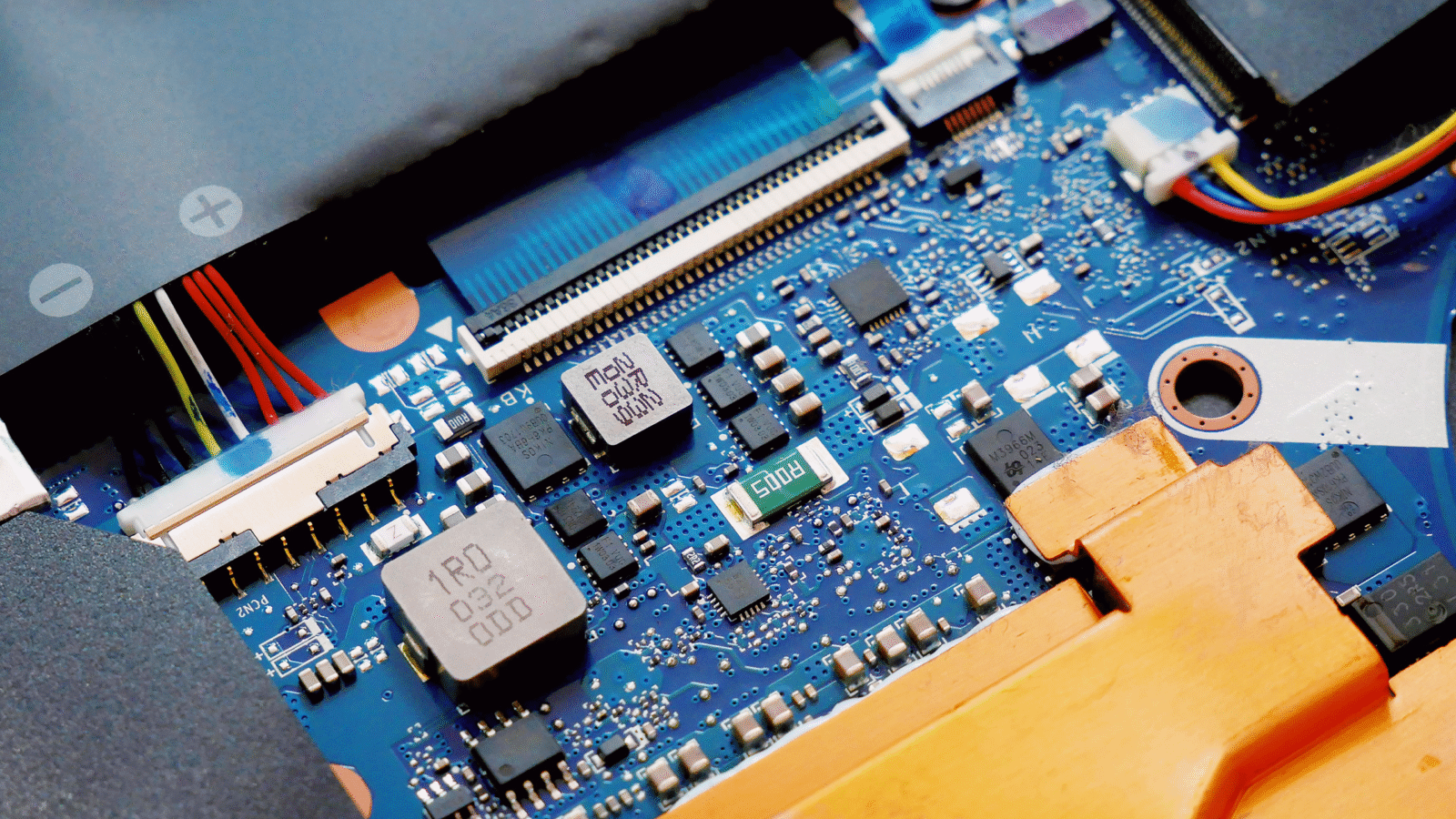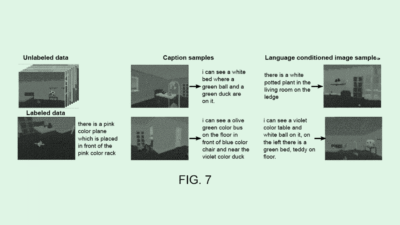
Sign up for smart news, insights, and analysis on the biggest financial stories of the day.
The apple doesn’t fall far from the tree, and the Google store doesn’t fall far from Apple.
23 years after planting its flag on the internet, Google is opening the doors to its first brick-and-mortar store this morning. The 5,000-square-foot, state-of-the-art facility takes up a full city block in New York City’s Chelsea neighborhood. And it’s just down the street from chief rival, Apple.
Get Smart
While Google’s been testing pop-up store concepts since 2016, it’s hard to pinpoint its actual hardware sales figures, whether online or at the checkout counter. That’s because in its financial reports, Google lumps its hardware – smartphones, smart watches, smart speakers, and other things with “smart” in the product description – in with subscription services like YouTube Premium.
But you can be sure the tech giant isn’t just opening up shop to hawk more products:
- Google’s new retail store is designed with the experience in mind. It functions more like a social space than a sales venue, replete with tasteful wood furniture and church-sized windows. VP Jason Rosenthal said the store’s design will help customers provide feedback in real-time.
Don’t Sweat The Tech-Niche: Google’s top competition is living proof that physical stores aren’t always about the bottom line. Apple instead uses its hundreds of sleek, modern retail outlets to draw hyper-loyal customers into niche brand experiences and learning courses.
Cautionary Tale: Another tech hardware mainstay, Microsoft, tried replicating Apple’s retail success starting in 2009. Its physical stores, however, went all-in touting product lines rather than a unique brand experience. That plan failed to materialize and, last year, Microsoft announced it was closing all 116 of its stores.
Techsponential analyst Avi Greengart called Google’s new brick-and-mortar shop a “trial balloon,” suggesting the company isn’t yet preparing its own global fleet of stores. Better safe than Microsoft, in this case.











